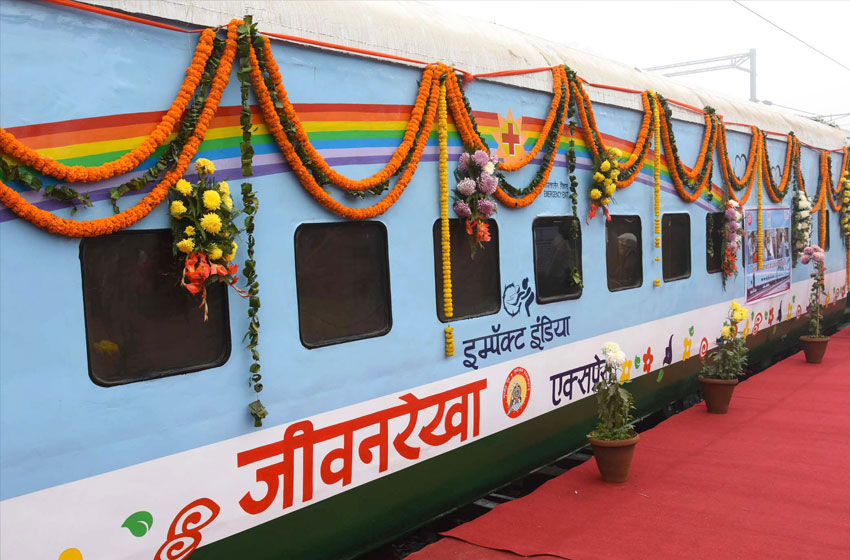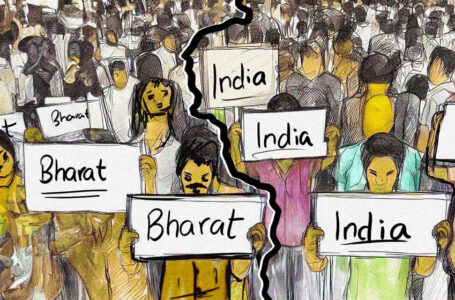India’s Magic Train Saving Lives

If you are a cynic who doesn’t believe in miracles, talk to the people who are alive because of India’s ‘Magic Train’; your attitude may change. Lifeline Express, or Jeevan Rekha Express, is a hospital on wheels, the first of its kind. It travels to India’s remotest districts to provide medical help to the most underprivileged, for whom access to decent healthcare is an impossibility otherwise. Starting in 1991, the joint effort by Impact India Foundation (IIF), Indian Railways, and the Indian Health Ministry resulted in the Lifeline Express. Almost thirty years on, the train now has seven coaches equipped with most modern medical amenities such as state-of-the-art operation theatres, medical supplies, recovery rooms for patients, a pathology lab, a mammography unit, an x-ray machine, a neurological treatment unit, dental facilities, pharmacy, lodging for staff as well as air-conditioning and WiFi. Doctors onboard treat a wide range of conditions, including cataracts, cleft lips, burn victims; perform surgeries like plastic, dental, oral, and offer treatment for disorders of the eye, ear, nose, and limbs—all free of charge.
Though India has a first-rate private healthcare sector, it is almost inaccessible to around 70% of citizens who reside in the country’s rural areas. For them, availing of such facilities is beyond their means both financially and logistically as most of the healthcare is urban-centric. With a population of more than a billion, not everyone in the country can be attended to. But here’s where the Lifeline Express makes a difference. With their free treatment and massive reach, this ‘miracle’ train has already treated more than a million citizens and provided surgery to 100,000 people. In a country where rural residents have to walk miles to access good healthcare, this train has brought free-of-cost doorstep medical support to the underprivileged, thereby alleviating the miserable situation of the have-nots.
One such example is Haridas, a resident of Maharashtra’s Trikoli village. Haridas, already living below the poverty line, has two young boys who have grown up with cerebral palsy. He and his wife had tried all kinds of local medicine, visiting various towns, cities to cure their children but to no avail, incurring heavy debts all along. The operation to cure cerebral palsy is often simple, but the parents without proper medical help could only watch as their children suffered. Then Haridas got to know about Lifeline Express from his brother. They had to travel a few hours to reach the location where the train was parked, and a simple operation later, both their children were cured.
This concept of the hospital on wheels has been emulated by countries like China, Africa, and Bangladesh. The train also has been the recipient of the United Nations Grand Award for Excellence in Public Service. In a country like India, where most people struggle to find low-cost medical support, the Lifeline Express has changed many lives and will continue to do so for the foreseeable future.





